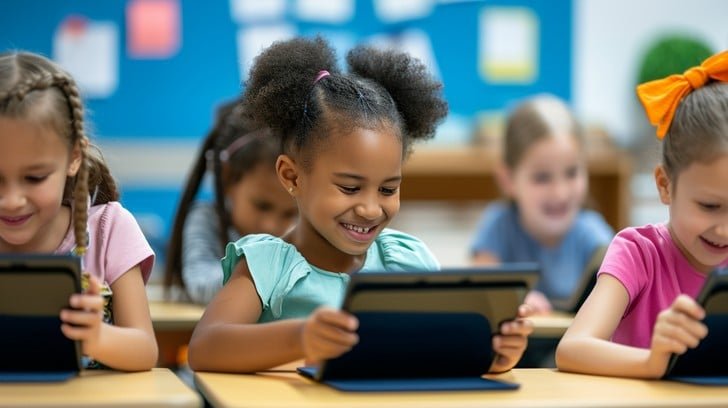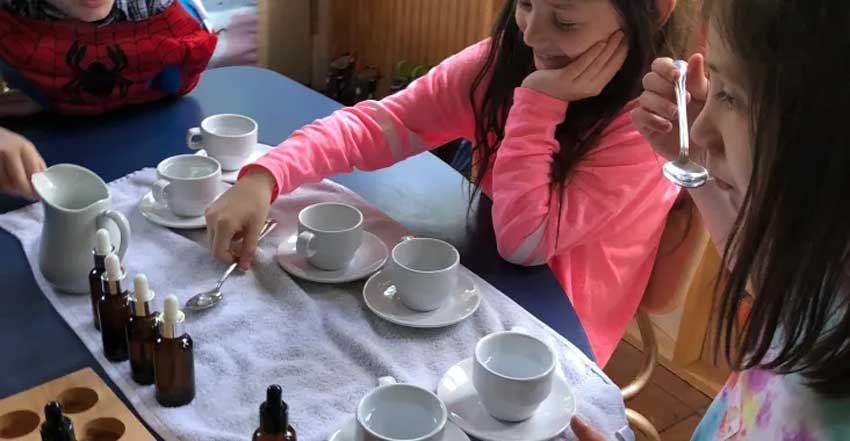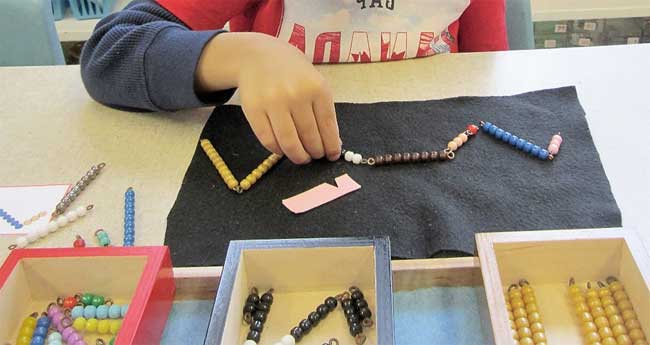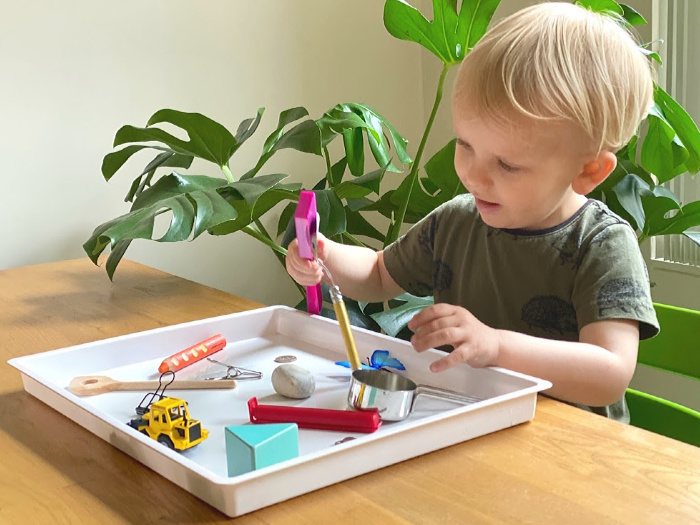In the rapidly evolving landscape of education, the Montessori method stands out as a progressive and holistic approach that addresses the diverse needs of learners. Developed by Dr. Maria Montessori over a century ago, this educational philosophy emphasizes child-centered learning, fostering independence, and cultivating a lifelong love for learning. The relevance of Montessori teaching in today’s education system is profound, offering several key benefits.
At the heart of Montessori education is the belief that children learn best when they are actively engaged in their learning processes. Montessori classrooms provide a prepared environment where students can choose activities that align with their interests and developmental stages. This autonomy not only enhances motivation but also encourages self-directed learning. In a world where standardized testing often dominates educational practices, the Montessori approach prioritizes the individual learner, fostering a sense of ownership over one’s education.
Montessori teaching emphasizes exploration and discovery, encouraging students to think critically and solve problems independently. Rather than simply absorbing information, children are guided to ask questions, investigate, and draw conclusions. This method nurtures essential skills such as analytical thinking, creativity, and resilience—qualities that are indispensable in today’s complex and dynamic world. As students engage with hands-on learning materials, they develop the ability to tackle real-world challenges with confidence.
In a Montessori classroom, collaboration and community play vital roles in the learning experience. Mixed-age groups promote peer learning, where older students mentor younger ones, fostering empathy, respect, and social skills. The emphasis on grace and courtesy within the classroom helps children develop emotional intelligence and interpersonal skills. In an era marked by increasing social challenges, the ability to communicate effectively and work collaboratively is crucial for personal and professional success
Montessori education addresses not only the academic needs of children but also their physical, social, and emotional development. The curriculum is designed to cultivate the whole child, integrating subjects such as art, music, and practical life skills alongside traditional academics. This holistic approach helps children develop a well-rounded set of skills, preparing them for the multifaceted demands of modern society. As the world shifts towards valuing interdisciplinary knowledge and creativity, Montessori education aligns perfectly with these goals.
Montessori teaching instills a love for learning that extends beyond the classroom. By fostering curiosity and a sense of wonder, Montessori educators encourage students to pursue knowledge throughout their lives. In a rapidly changing world where adaptability is key, the ability to learn independently and seek out new information is invaluable. Montessori graduates often carry this passion for learning into adulthood, becoming self-motivated individuals who continue to explore and grow.
Montessori education promotes inclusivity and respect for diversity, recognizing that each child is unique with their own strengths and challenges. The method is adaptable to various learning styles and needs, making it suitable for children from diverse backgrounds and abilities. In a globalized world, understanding and appreciating diversity is essential. Montessori classrooms foster an environment where all children feel valued and empowered to contribute.
CONCLUSION
the importance of Montessori teaching in today’s education cannot be overstated. Its child-centered approach, emphasis on critical thinking and problem-solving, focus on social and emotional development, holistic education, encouragement of lifelong learning, and commitment to inclusivity make it a powerful model for nurturing well-rounded individuals. As educators and policymakers strive to create effective and meaningful learning experiences, the principles of Montessori education offer valuable insights and practices that can transform the educational landscape for the better.





